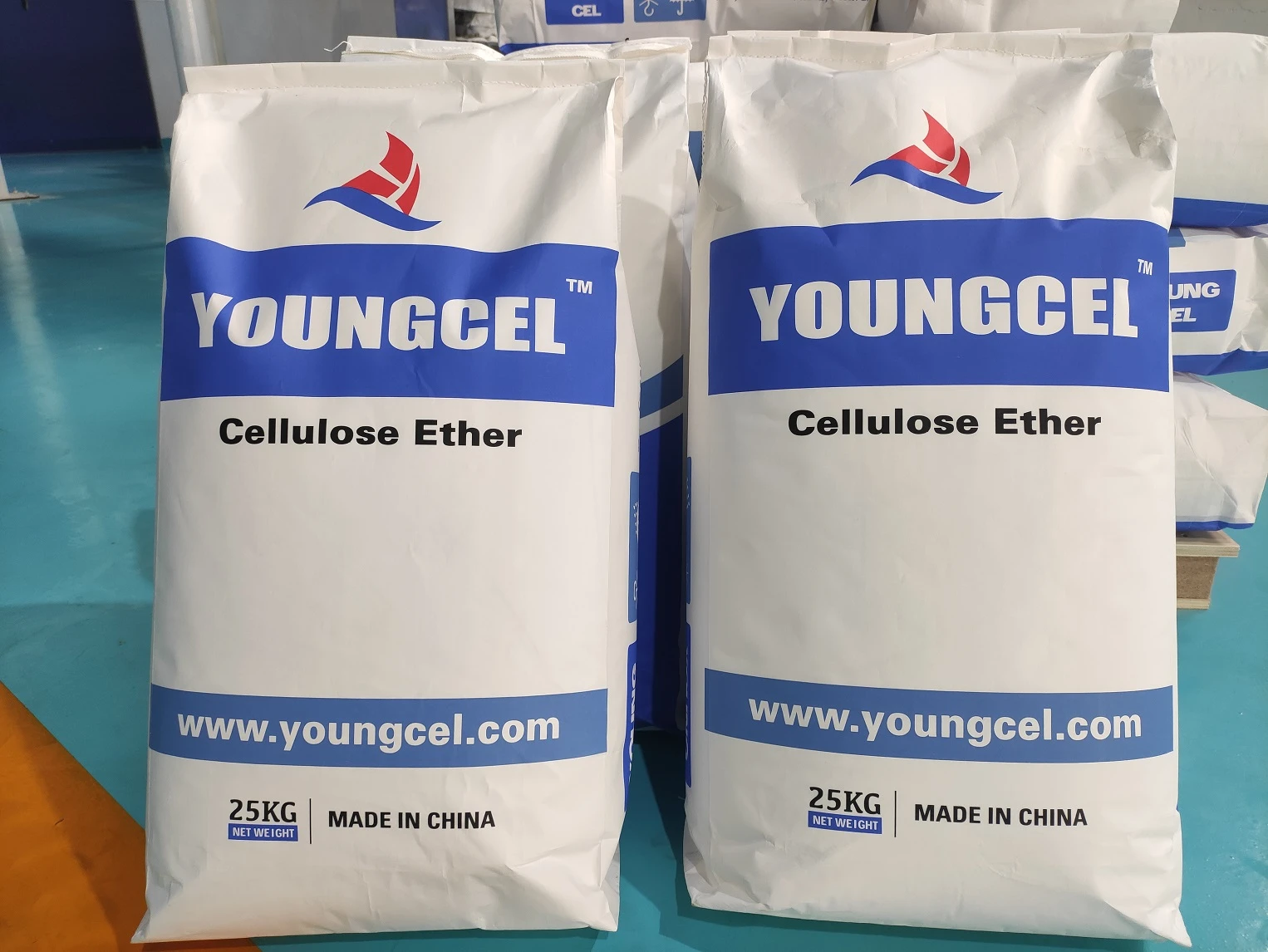The Role of HPMC in Construction Chemicals
Hydroxypropyl Methylcellulose (HPMC) is a versatile and essential component in the formulation of construction chemicals. With properties that enhance performance, sustainability, and workability, HPMC has established itself as a crucial additive in various construction applications, including tile adhesives, plaster, and cement-based products. This article delves into the significance of HPMC in the construction industry, exploring its benefits, uses, and technical attributes.
What is HPMC?
HPMC is a semi-synthetic polymer derived from cellulose, one of the most abundant organic polymers in nature. It is chemically modified to include hydroxypropyl and methoxy groups, making it soluble in water and providing it with unique rheological properties. HPMC functions primarily as a thickening agent, binder, and film-forming agent, rendering it invaluable in construction chemicals.
Key Benefits of HPMC in Construction
1. Improved Workability and Application One of the primary benefits of HPMC in construction applications is its ability to enhance workability. When added to cementitious mixtures, it significantly increases the viscosity, allowing for easier handling and application. As a result, materials such as tile adhesives and mortars can be spread more smoothly and evenly, ensuring a consistent finish.
2. Extended Open Time HPMC provides extended open time, which is a critical feature for construction materials like tile adhesives. This characteristic allows contractors adequate time to adjust and reposition tiles without compromising the bond strength. The delayed setting time is especially advantageous in larger projects where precise alignment is essential.
3. Water Retention Another crucial property of HPMC is its excellent water retention capability. It helps prevent the quick evaporation of water from cementitious mixtures, which can lead to cracking and reduced adhesion. By maintaining moisture levels, HPMC contributes to better curing processes, resulting in stronger and more durable constructions.
4. Enhanced Adhesion HPMC improves the adhesion properties of construction materials. The polymer's bonding capabilities ensure a strong grip between different substrates, which is essential in applications such as tile installation. This enhancement in adhesion also translates to better resistance to water penetration and environmental degradation.
construction chemical hpmc

5. Environmental Sustainability With an increasing focus on sustainable construction practices, HPMC serves as an eco-friendly alternative to traditional additives. It is derived from renewable resources and is biodegradable, contributing to the reduction of the overall environmental impact of construction projects.
Applications of HPMC in Construction Chemicals
HPMC is utilized in various construction chemicals, including
- Tile Adhesives and Grouts HPMC improves the viscosity, adhesion, and workability of tile adhesives, providing a durable bond and significant open time for adjustments during installation.
- Plaster and Mortar In plaster and mortar applications, HPMC enhances water retention and consistency, leading to efficient workability and durability of the final product.
- Self-Leveling Compounds In self-leveling compounds, HPMC aids in creating a smooth and even surface, crucial for floor installations. Its properties help reduce the risk of air bubbles and enhance flowability.
- Dry Mix Products HPMC is a common ingredient in various dry mix products, enabling them to achieve optimal performance when mixed with water at the job site.
Conclusion
Hydroxypropyl Methylcellulose (HPMC) plays a pivotal role in modern construction chemicals, offering a range of benefits that enhance the performance, workability, and sustainability of construction materials. Its unique properties make it an indispensable additive in formulations for tile adhesives, plasters, and other cement-based products. As the demand for high-quality construction materials continues to grow, HPMC's importance in the industry will only increase. With its ability to improve adhesion, extend open time, and retain moisture, HPMC ensures that construction projects are completed efficiently and to the highest standards, paving the way for durable and sustainable structures that meet the needs of a rapidly evolving world.
-
The Application and Significance of Construction RdpNewsMay.19,2025
-
Industrial Grade HpmcNewsMay.19,2025
-
Building Coating Adhesive Building Coating Adhesive HpmcNewsMay.19,2025
-
Application Of Hpmc For Detergent For Detergent In DetergentsNewsMay.19,2025
-
Application Of Hpmc Cellulose In Cement-Based MaterialsNewsMay.19,2025
-
Application Of High Quality Hpmc For Construction In The Field Of ConstructionNewsMay.19,2025




